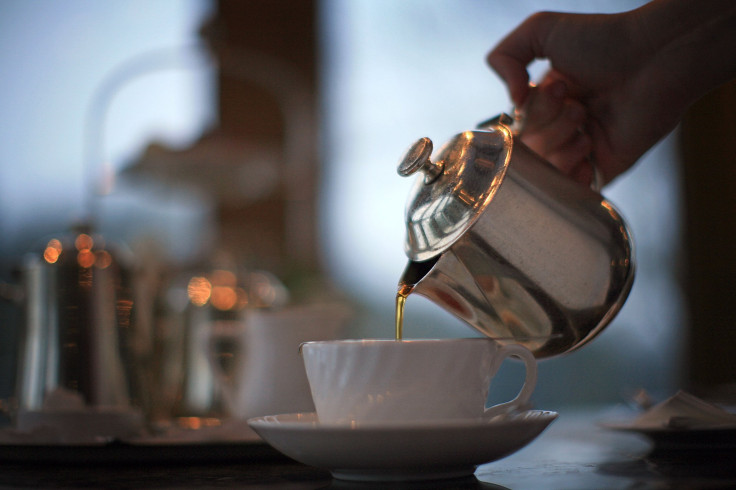Is Tea Bad For You? 2 Critically Ill In San Francisco After Consuming Herbal Tea

Two people in San Francisco fell sick after consuming tea bought from Sun Wing Wo Trading Company, the San Francisco Department of Public Health announced Saturday on its official Twitter account. The department also warned that those who have already bought tea leaves from the Chinatown herbalist should refrain from consuming it.
City health officials said that the herbal tea contained Aconite, a plant-based toxin, the San Francisco Examiner reported. The presence of toxin was confirmed with the help of lab tests on the patients as well as on the tea samples provided by them.
Two sickened by tea from Sun Wing Wo at 1105 Grant- if you have tea from them-do not consume.
— SFDPH (@SF_DPH) March 11, 2017
The two people, identified as a man in his 50s and a woman in her 30s, became ill in separate incidents in February and March, respectively. Their symptoms appeared within an hour of consumption, and currently the two remain hospitalized, according to health officials. The toxin caused life-threatening abnormal heart rhythms, and the patients required resuscitation as well as intensive hospital care.
The link to the herbalist on Great Avenue in Chinatown came to light after both cases were referred to San Francisco General Hospital's California Poison Control System, SFGate reported.
"Anyone who has purchased tea from this location should not consume it and should throw it away immediately," Dr. Tomás Aragón, health officer for the city and county of San Francisco, said, according to the Associated Press. "Aconite poisoning attacks the heart and can be lethal."
Aconite, used in Chinese herbal recipes, requires proper processing before being deemed safe for human consumption.
It’s also known to have previously caused life-threatening intoxication in at least 17 people, according to the U.S. Food and Drug Administration’s Poisonous Plant Database. The patients developed the symptoms within two hours of such consumption.
“Most developed tachyarrhythmias, including ventricular tachycardia and fibrillation from which 2 patients died. Toxicological evaluation revealed that aconites from the Aconitum rootstocks were the only plausible casual factor for intoxication. These cases point to the need for strict surveillance of herbal substances with low safety margins,” the FDA warned. It also said that “no therapeutic role in modern western medicine” has been found for Aconitine and its related alkaloids that are known to be “cardiotoxins.”
© Copyright IBTimes 2024. All rights reserved.





















